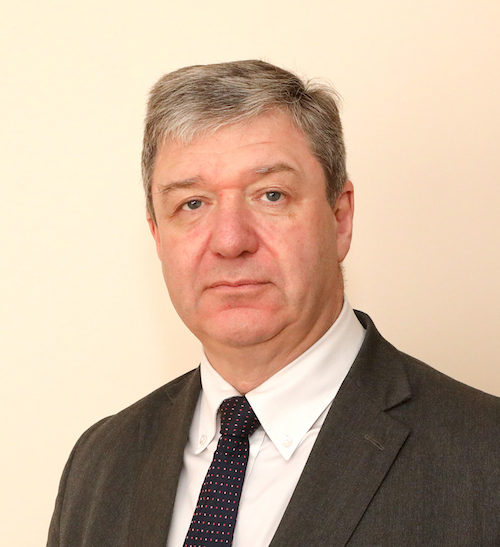

Carmichael pushes for permanent VAT cut in tourism and hospitality

Orkney’s tourism and hospitality trade was given a welcome boost, last week, when it was confirmed that nationwide cuts to VAT within the sector would continue for another year — but should this measure be made permanent?
Northern Isles MP Alistair Carmichael certainly thinks so. This week, he has urged the UK Government not to dismiss the idea of a permanent VAT cut for the tourism and hospitality industry, in order to give businesses confidence as they head into an uncertain future.
At Westminister, Mr Carmichael asked if the treasury would promise to fully asses the potential merits of such a move, which would see a permanent the five per cent reduced rate of VAT applied to the sector.
In response, financial secretary to the treasury, Jesse Norman MP replied: “The temporary reduced rate of VAT was introduced on 15 July to support the cash flow and viability of about 150,000 businesses and to protect over 2.4 million jobs in the hospitality and tourism sectors. As announced at Budget, this relief will now run until 31 March 2022, with a staggered return to the standard rate.
“Applying this relief permanently would come at a significant cost to the exchequer, and that cost would have to be balanced by increased taxes elsewhere, or reductions in Government spending.”
In rebuttle, Mr Carmichael added: “I appreciate concerns about the Government’s finances after the pandemic, but we should not dismiss out of hand the potential that incentivising growth in hospitality could be a net gain in the long term. The treasury seems to want to maintain tax levels for the sake of it.
“When I was a minister we cut the duty on spirits and instead of dropping, revenues went up. If crafted properly, studies show that a targeted cut to hospitality and tourism VAT can make a meaningful difference to growth. Small businesses in rural and island communities should be the first priority.
“I make no bold claims to be an economic expert. Given the need to bolster growth, however, it does not seem unreasonable to look at the potential benefits of a longer term cut to support some of the hardest-hit businesses. We need to put the recovery first.”